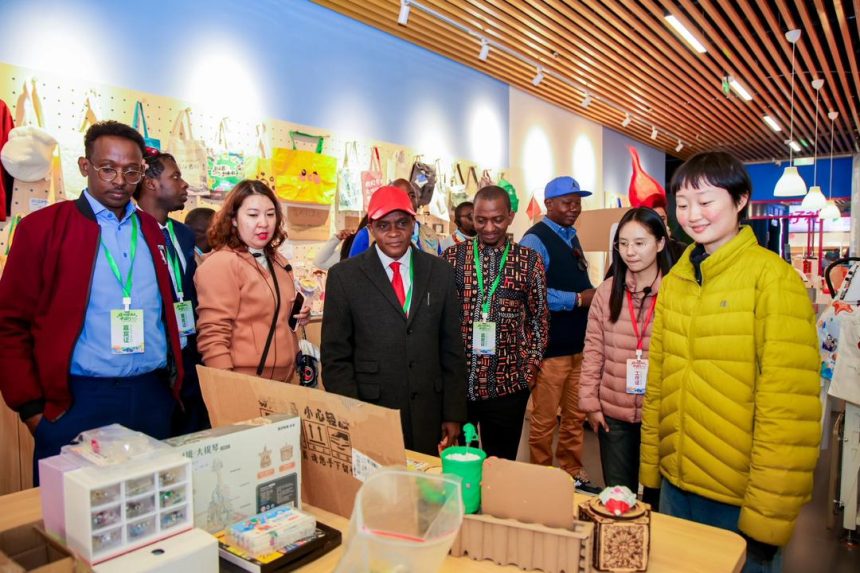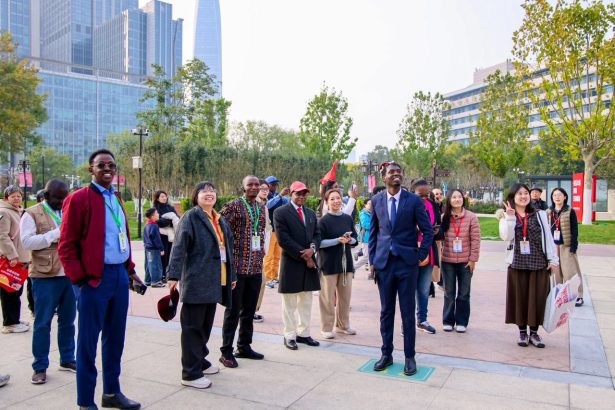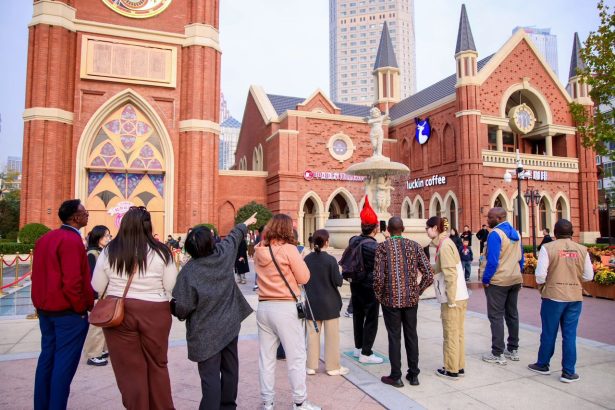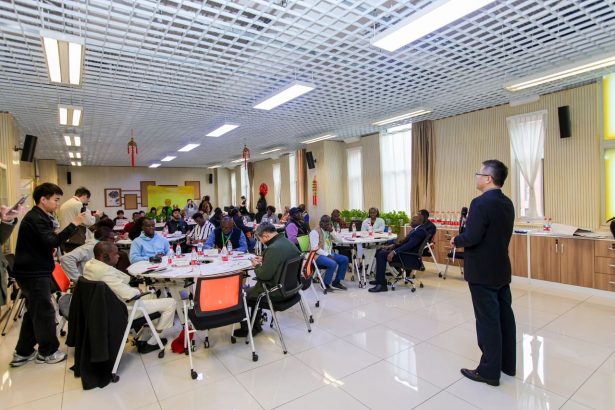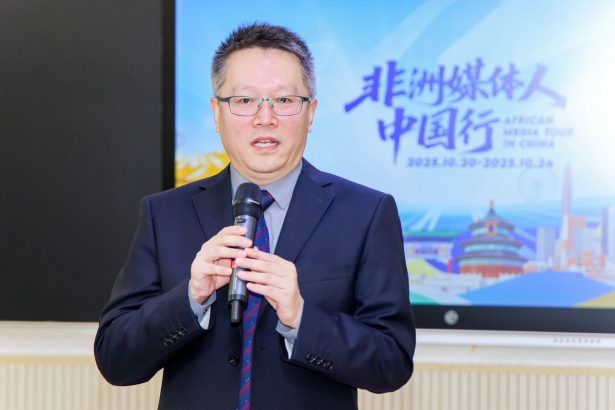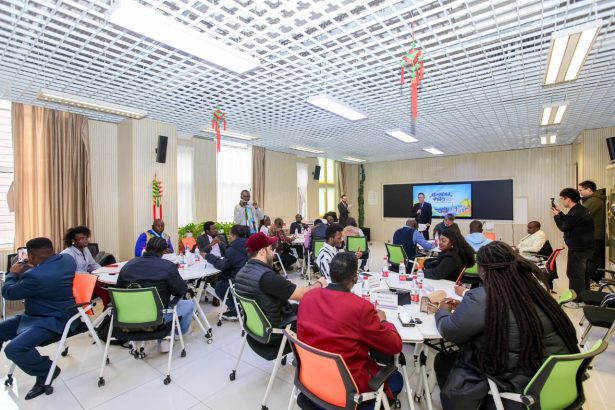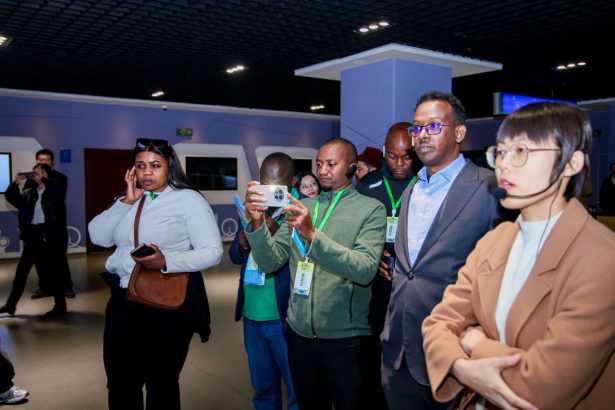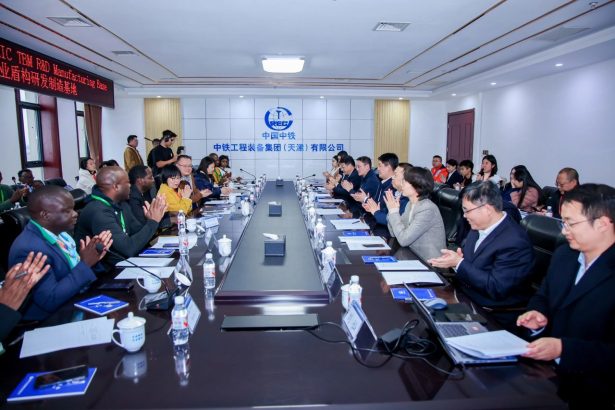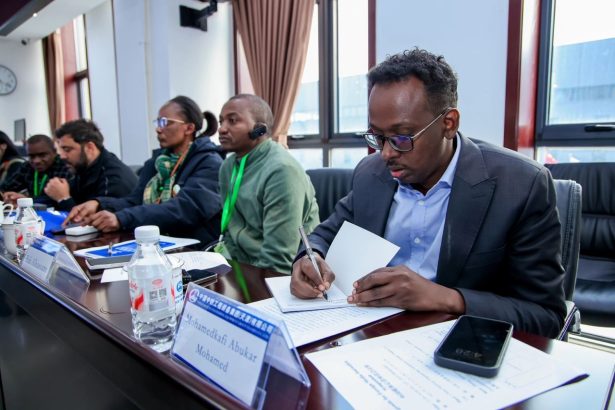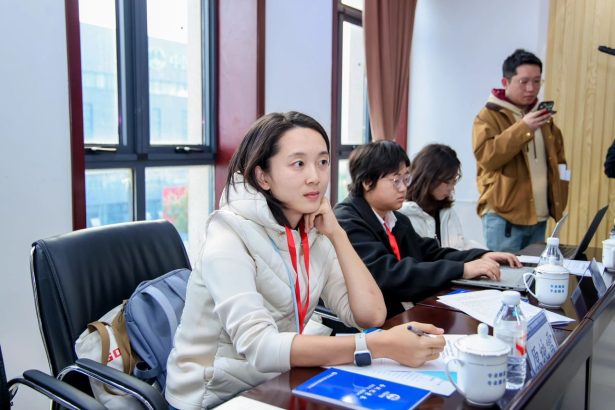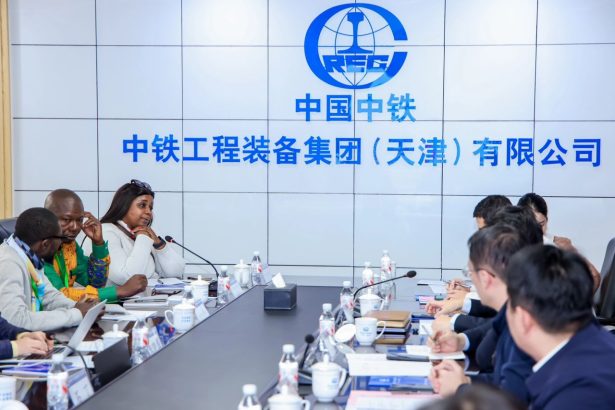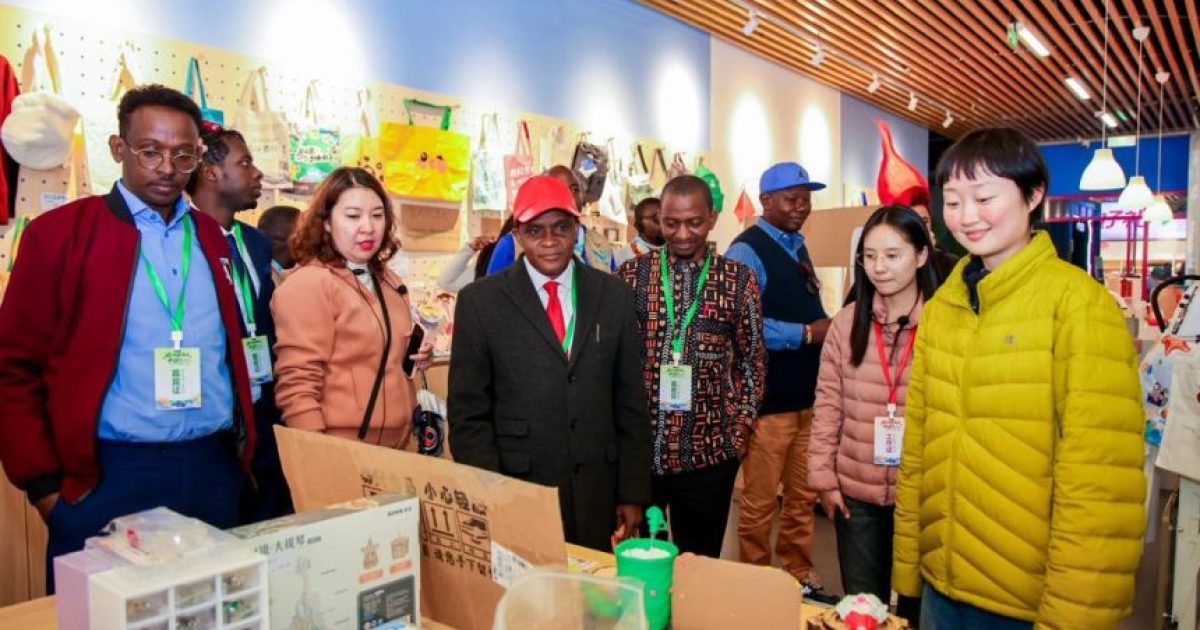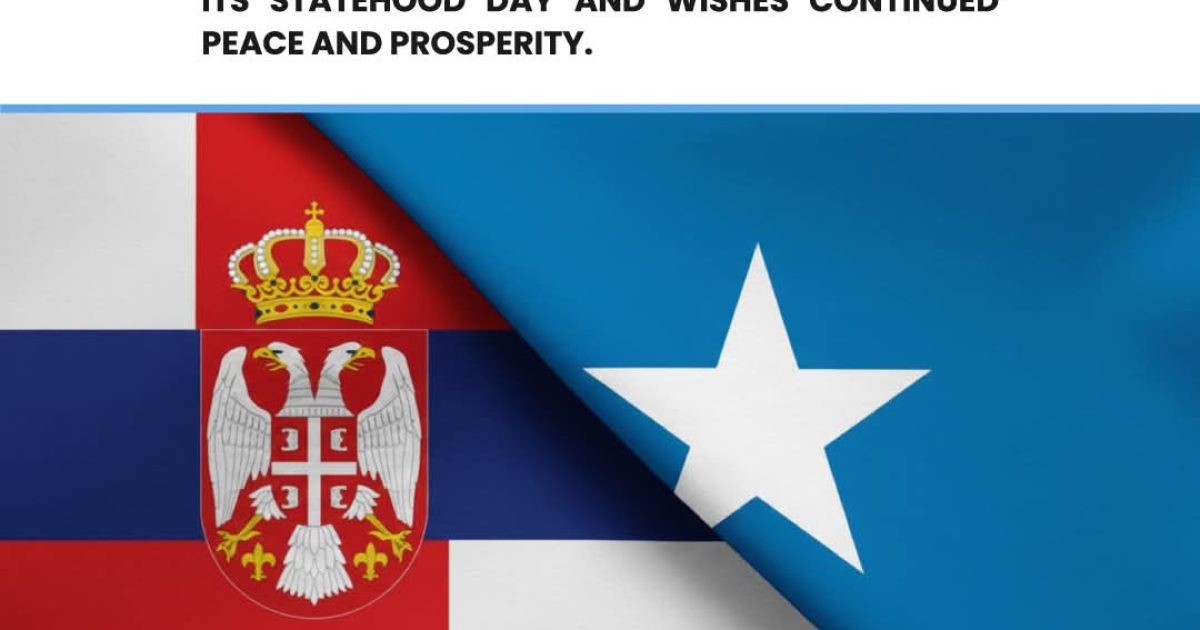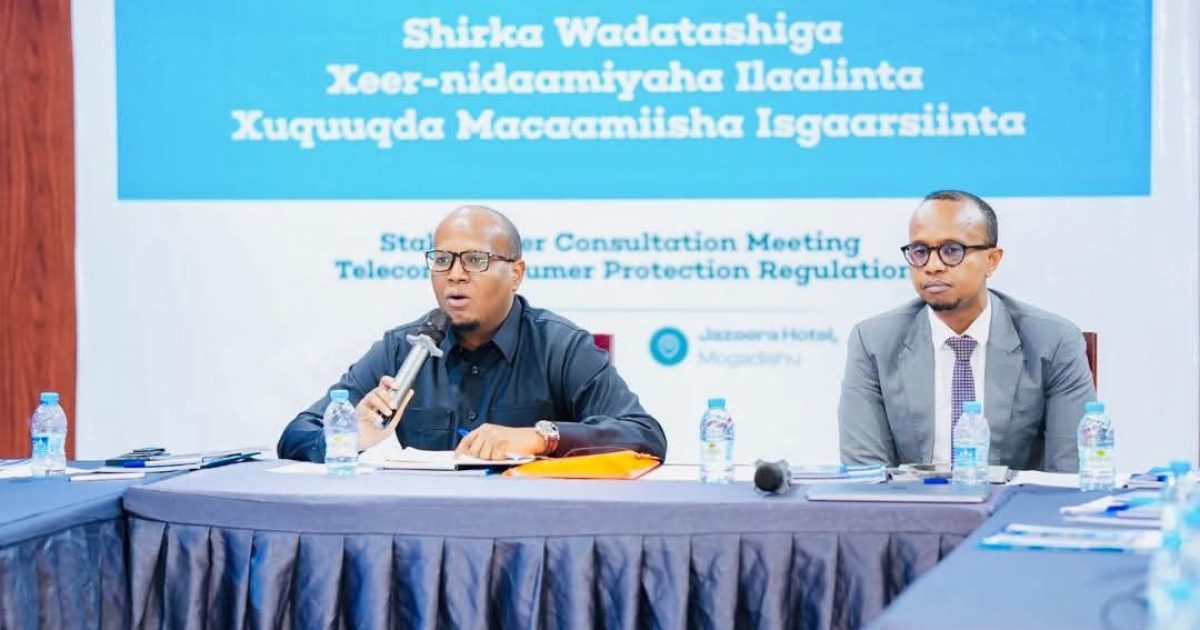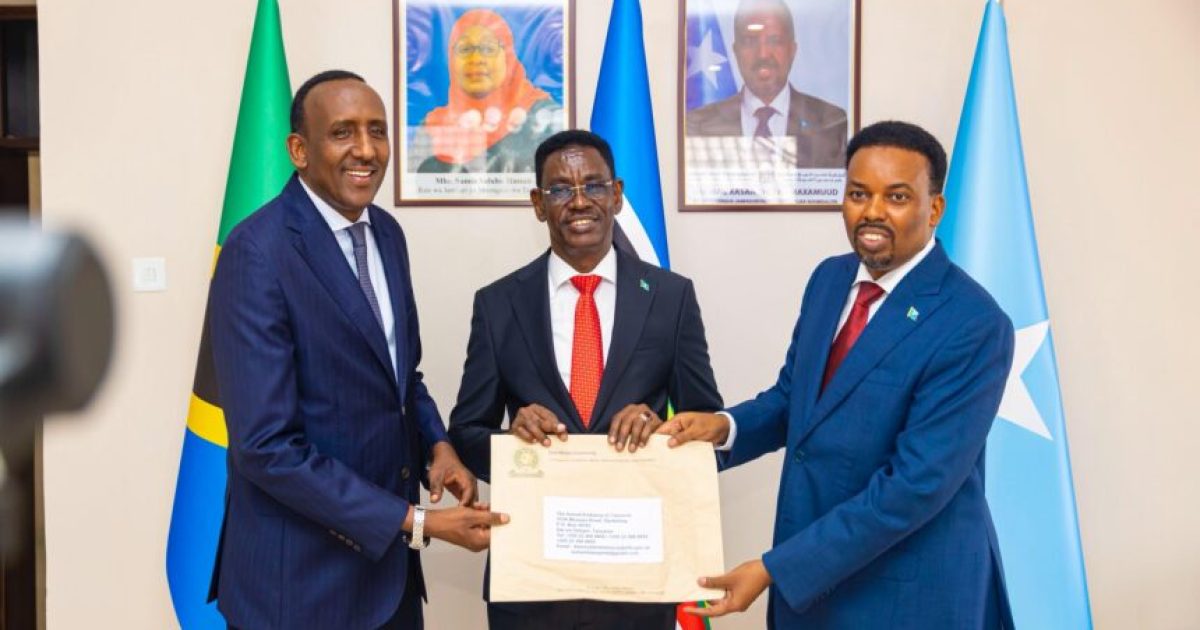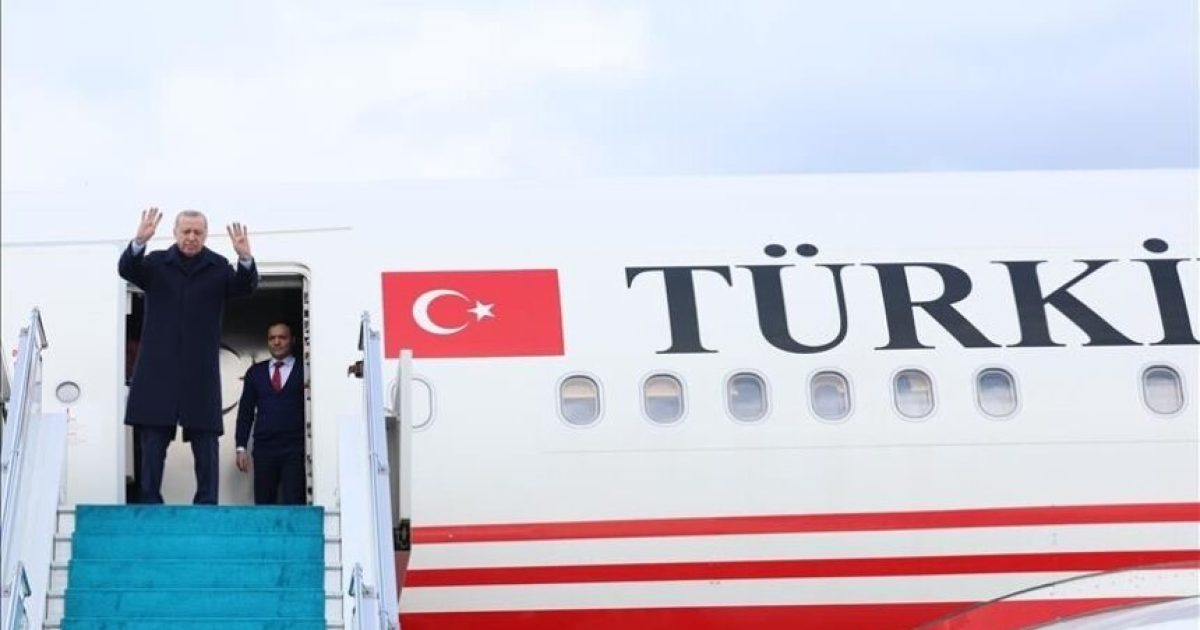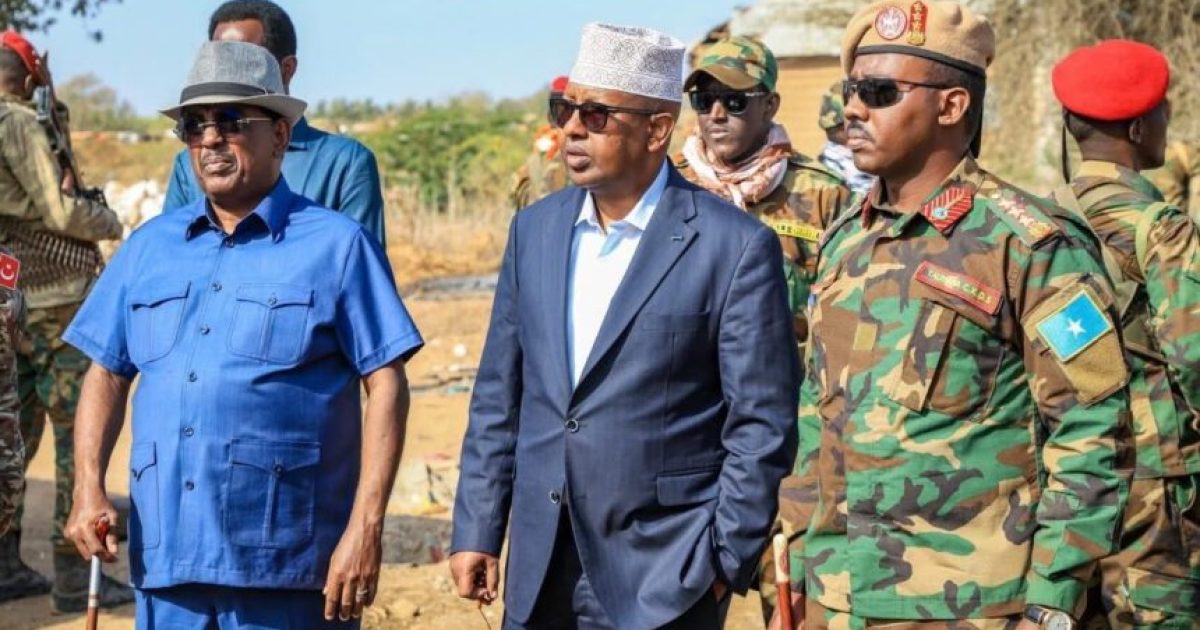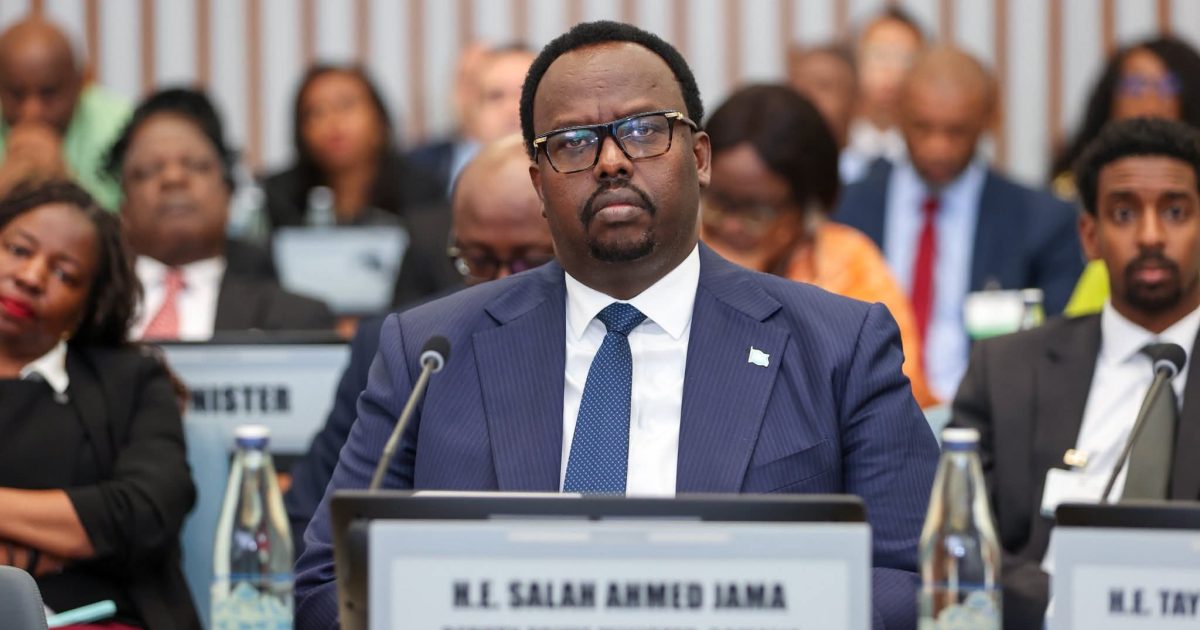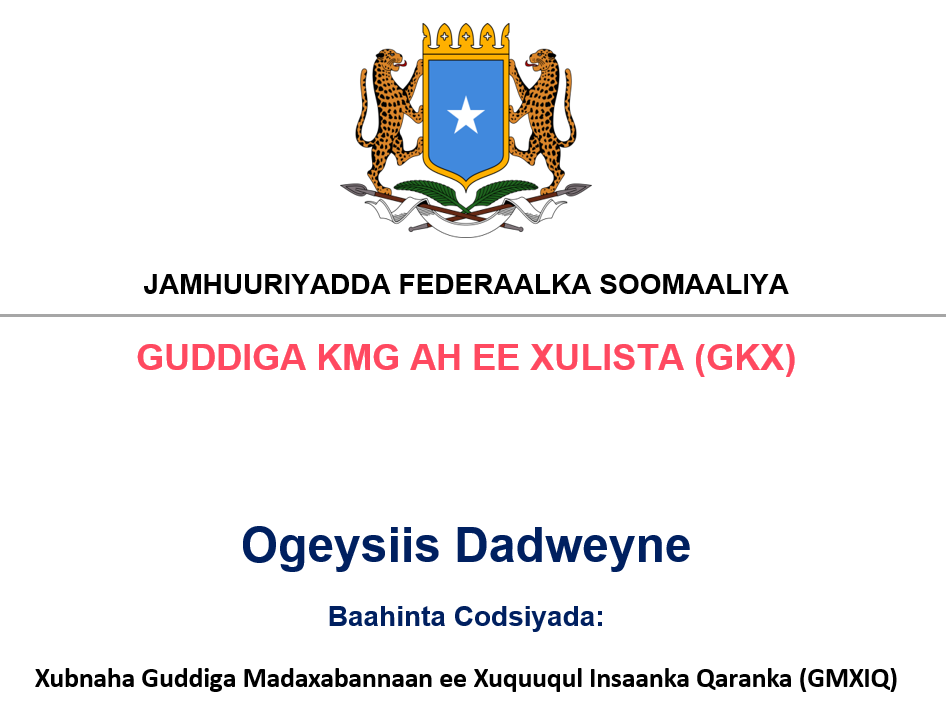BEIJING/TIANJIN – A delegation of nearly 20 journalists from diverse African nations has concluded an immersive five-day educational and cultural tour of China, organized to provide a firsthand perspective on the nation’s rapid modernization and to explore new avenues for Sino-African media cooperation.
The “2025 African Media Tour in China,” which ran from October 20-24, 2025, brought together media professionals from across the continent. Representing Somalia was Mohamed kafi Abukar, the Director of Somali National Television (SNTV). The intensive itinerary spanned Beijing and the port city of Tianjin, blending academic seminars with visits to cutting-edge industrial sites and centers of deep historical significance.
Reflecting on the program, Mr. Abukar described the visit as an “exceptional experience.” He noted that the tour significantly “enhanced knowledge, skills, and understanding of China’s development model and media cooperation with Africa,” providing valuable insights that could inform Somalia’s own development narrative.
A cornerstone of the program was a high-level seminar hosted at the prestigious Nankai University in Tianjin. The session provided a platform for in-depth discussion and exchange with Chinese academics and students. The dialogue centered on China’s experiences in poverty reduction, the strategic role of media in promoting national development, and the future of the comprehensive China-Africa partnership. The workshop also focused on practical strategies for advancing professional skills and technical capacity within African media institutions.
The delegation was given extensive access to key hubs of China’s industrial and technological prowess. In Beijing, the group visited the Daxing International Aviation Community to observe smart production lines for modular buildings. In Tianjin, they were hosted by the China Railway Group Limited (CREG/CRHIC) for a tour of its TBM R&D Manufacturing Base. The journalists were briefed on the development of massive Tunnel Boring Machines, described as “heavy national equipment” that is “reshaping cities and transport” across the globe.
This glimpse into heavy industry was contrasted with China’s vision for sustainable urban living. The group toured the Tanggu Bay “Micro-City” in Tianjin’s Binhai New Area, studying its development from a traditional village into a modern, green, and livable new city.
The itinerary skillfully balanced China’s technological present with its profound cultural past. In Beijing, the journalists explored the vast expanse of the Forbidden City to understand China’s imperial history, followed by a visit to Daji Alley, a site lauded for its innovative blend of historical preservation and modern commerce.
In Tianjin, the group experienced the city’s unique cultural heritage, beginning with a traditional breakfast at the bustling Northwest Corner. The tour included the Tianjin Ancient Culture Street, a hub for “intangible cultural heritage” like Yangliuqing New Year paintings and “Clay Figure Zhang” sculptures. The delegation also visited the historic Wudadao (Five Great Avenues) district and concluded their visit with an evening cruise on the Haihe River, observing the city’s blend of historic and modern architecture.
The 2025 African Media Tour provided a critical platform for direct dialogue and mutual understanding, setting the stage for enriched professional collaboration and a more nuanced, shared narrative between Chinese and African media partners.
